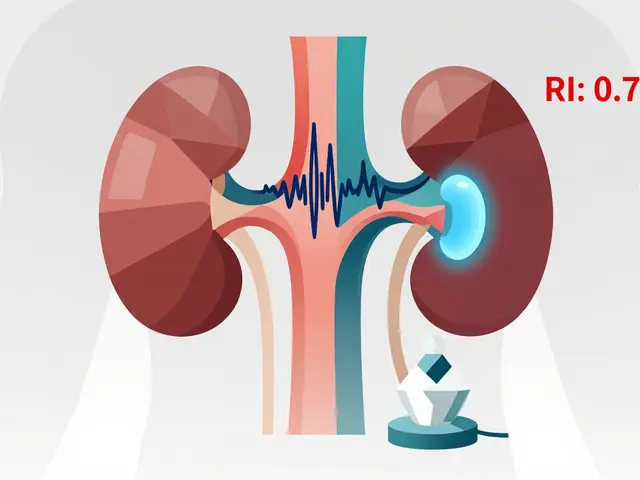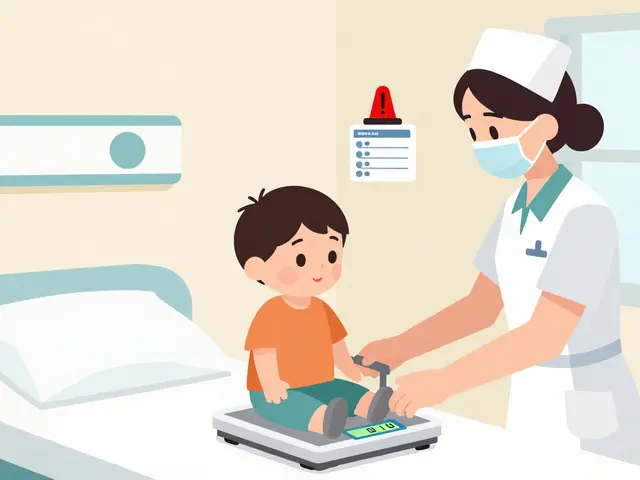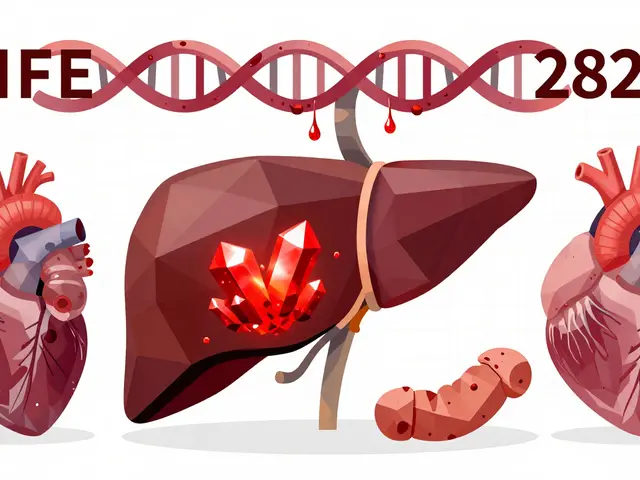Calcitonin: what it is and when you might need it
Calcitonin is a hormone your body makes to help control calcium levels and bone breakdown. Doctors use a lab-made form of calcitonin as a medicine for a few specific problems: short-term treatment of high blood calcium, pain from Paget's disease of bone, and sometimes to help women with osteoporosis. It comes as a nasal spray or an injection; both require a prescription.
When and why doctors prescribe calcitonin
If your blood calcium is dangerously high, calcitonin can lower it fast. For bone diseases, it works by slowing the cells that eat away bone, which can ease bone pain and slow further loss. It’s not usually a first-line long-term osteoporosis drug today, but doctors may pick it for people who cannot take other treatments or need quick symptom relief.
Calcitonin also shows up in blood tests as a marker from the thyroid's C-cells. Very high levels can point to medullary thyroid cancer, which is why endocrinologists use calcitonin tests along with imaging and other checks when they suspect that disease.
What to expect, how to use it, and safety tips
Form matters. The nasal spray is often used once daily and can cause nasal irritation or dryness. The injectable form is used for faster effect in emergencies or when the spray won’t work. Follow the dosing steps your provider gives you—rotate injection sites and learn the correct nasal technique so the medicine reaches the right spot.
Common side effects are flushing, nausea, mild skin rash, and local irritation in the nose for spray users. Report signs of low calcium—tingling around the mouth, muscle cramps, or strange twitching—since calcitonin lowers calcium levels. Severe allergic reactions are rare but can happen, especially if you’re allergic to fish products; many calcitonin drugs are made from salmon, so tell your doctor about fish allergies.
Store the medicine as instructed—many injections need refrigeration and the spray should be kept from extreme heat. Don’t use expired products. If you miss a dose of a daily spray, don’t double up; use it when you remember unless it’s almost time for the next dose.
Before you start, tell your doctor about other medications, supplements, and major medical issues like kidney disease. While calcitonin doesn’t have a long list of drug interactions, full medication reviews help avoid surprises. Pregnant or breastfeeding? Talk to your provider—your doctor will balance risks and benefits.
If you notice persistent side effects, breathing trouble, sudden swelling, or signs of low calcium, seek medical help. For questions about monitoring or whether calcitonin is right for your condition, ask an endocrinologist or your primary care doctor. They can explain alternatives and what to expect day to day.
Explore how calcitonin, a hormone known for regulating calcium levels, impacts muscle function and strength. Uncover how it may contribute to maintaining muscle health, enhancing physical performance, and supporting recovery processes. Learn about its potential roles beyond bone health and how these might be leveraged in everyday fitness strategies.
Continue reading...






